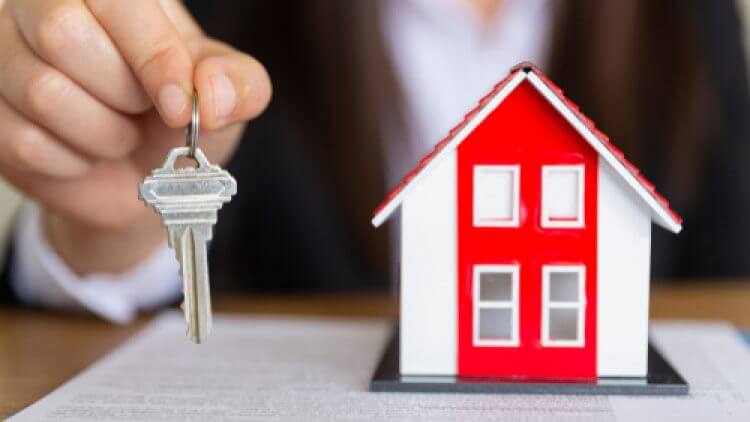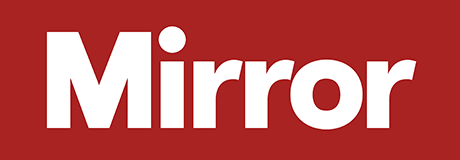Your debt problems don’t necessarily end once your house is repossessed. You still owe the full balance of the mortgage. If the sale of the house doesn’t recover the mortgage lender’s remaining amount, you will be liable to pay it.
How’s That Possible?
When the lender repossesses your property to recover the mortgage debt, they may decide to sell the property at an auction and will definitely incur legal and estate agents fees. This may add a substantial amount on top of what you owe. Say the property sells in 3 months, you’ll also be liable to continue paying the mortgage amount for these three months.
If your financial circumstances are likely to improve, a bridge loan may be able to pay off your lender. You may also be able to get a short-term loan to stop repossession of your house. If not, ask you may want to sell your house quickly before the repossession goes through to save on all those additional charges and avoid court action.
At TIC Finance we call you within the hour and provide a fast sale process, getting cash in your account in as little as 48 hours with no credit checks or long legal processes.
House Repossession Process

When you sign on the dotted line of your mortgage, you officially own the house, as long as you make timely payments. Surprisingly, all it takes is one missed payment to put you in arrears or default. “Arrears” simply means that you are late in making your debt repayment.
Mistakes happen. You might miss a mortgage payment because you are waiting for a payment or were in the hospital for example. Most banks will give you a chance to explain yourself.
Repossession can be devastating.
Unfortunately, mortgage law gives your lender the legal right to repossess your home, once you are in arrears for 90-180 days. You have failed to honour your side of the debt agreement. In order to repossess your house, the lender must get a judge to grant an “order for possession.”
Empty Repossessed House
Because the property was the collateral for the housing loan, the building society will plan on selling it to recover its money. Banks are not really experts on the real estate market and are likely to hire a professional real estate agent or auction house to sell your property. The bank might not be able to sell the house if the housing market is bad. (Check out the yearly UK repossession stats.)
Your mortgage bill may rise because of these. These are costs that could be added to your “outstanding balance” even after your house has been repossessed:
- Interest
- Penalties
- Upkeep
- Repairs
- Legal
- Estate Agent
- Remainder
After your house is repossessed, you still might be forced to pay interest and penalties. As your house sits vacant, the bank might hire people for cleaning, maintenance, landscaping upkeep and repair costs and send you the bill for the repossessed property.
You can even be charged for court, legal and estate agent fees. If your bank resells the house, for less than the outstanding balance, then you still owe the remainder.
Suspended Possession Order
Hiring a good finance company or solicitor enables you to properly respond during court proceedings and negotiations. Before your scheduled court hearing, you might be able to negotiate a repayment plan with the bank to “suspend possession order” actions. Usually, the bank will require you to make a lump-sum payment in “good faith.”
The “possession order” should include the “money order” specifying what amount you should pay. The court can also assess a “money judgment” for mortgage arrears, legal fees, and court fees.
No House & Debt Increases
Before you took out a mortgage, you had no house and low debt. With your mortgage, you had a house and high debt. After a repossession order, you have no house, but you may still have the debt. This depends on how much of your mortgage is unpaid. If the mortgage amount due is low, the bank or lender will return you your money after paying all the fees and recovering its debt once the sale is made.
Take the bull by the horns!
Professionals of the real estate industry have identified this house repossession problem and offered a solution: the quick sale. Banks just want their money back, so after a repossession notice, you have a small window of time to sell your house. You will need to negotiate with your mortgage company and get a court injunction, allowing you to sell your house yourself for the best price.
We’ll Make You an Offer
When you ask us for a quote, our experts at TIC Finance make you an offer based on the value of your house. This is generally lower than the market value but we act very quickly and rid you of the stress and hassle through a quick sale of the property. Our offer is lower than the market price also because sometimes the properties we buy don’t sell easily and sometimes require doing up. Talk to us and get a no-obligation quote today.
Call us on 0203 280 6627 or request a repossession quote online.
As opposed to the normal, long-drawn-out mortgage process, a rapid sale ensures speed, possibly better savings and reduced paperwork. The property documents,
location and liens have already been authenticated, so the transaction can be expedited to a few days or weeks.
Of course, it would be nice to live in your house as you try to sell it. A good court injunction will allow you to return to the domicile while you are trying to sell it. It only makes good sense – you can engage in cleaning, maintenance, and upkeep directly. Many vacant repossessed houses lose their resale value as they start to deteriorate – mold, rodents, and rust can ruin vacant homes.

A Quick Sale That Satisfies All Parties

The beauty of the rapid sale is that it can make all parties happy. The court will have an equitable resolution to its problem. The bank gets its money. You have your debts paid off.
You should not be punished for dreaming of owning a beautiful home. Everyone has tough times. Selling your house allows you to recover value from your home. You can expunge your debt and get on with your life and mortgage again when the circumstances get better.







